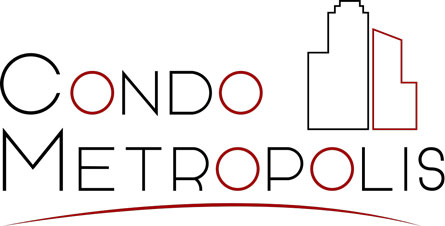-
There are few things more basic to a homeowners association than the fees it takes to keep the place running. When one or more owners default in the payment of fees, the impact is felt by all. And the longer the delinquency, the deeper the cut. It is a situation that many boards dread because of having to deal with neighbors. Here are a number of ways to reduce the impact of, cure or avoid collection problems in your community:
Establish a collection policy with teeth. While this sounds simple enough, many HOAs have nothing more in place than the often inadequate provisions of the governing documents. The collection policy needs to be clear and concise. Some of the basic provisions should include:
- Date the fee is dueÂ
- Date it’s lateÂ
- Penalty for late paymentsÂ
- How late payments will be applied to outstanding balancesÂ
- Legal procedures that may be invoked after a certain period or level of delinquency is reachedÂ
- Who pays collection costsÂ
- Lien filing rights on an owner’s property if payment is not received and,Â
- Foreclosure provisions.
The goal of the well written collection policy is to move the HOA’s bill to the top of the payment pile. As with any policy enacted by the board:
Apply the policy consistently. Once the policy is agreed upon, do not deviate from it. While there are great excuses still to be heard, the board has a fiduciary duty to protect the HOA’s rights. If one owner doesn’t pay, other owners have to ante up the difference or services will need to be curtailed. The board must absolutely avoid selective enforcement due to a friend’s, family member’s or a personal default.
Apply the policy in its entirety. The typical collection policy is made up of a series of sequential events that are triggered by time and/or dollar amount. Once put into motion, allow it to run its course. This typically ends in placing a lien on a member’s property. Garnishing wages, seizing property and foreclosure are possible but usually not invoked unless the case is extreme.
Use an attorney well versed in legal collection procedures. While attorneys should not be the first line of defense, the procedure should include them once the size or age of the balance due reaches a certain proportions. Liens and foreclosures are an attorney’s domain. The impact of an attorney letter alone may be sufficient to turn the collection tide.
Hire a property manager. Collections and rules enforcement are the main reasons folks don’t want to serve on the board. A manager doesn’t live there and for them, collections are business as usual. If your HOA is experiencing greater than normal collection problems, this may be the best step to getting collections back in line.
Let’s face it, collections are an unpleasant but necessary part of homeowners association living. Rather than reacting or overreacting, prepare for them with a strong yet fair policy. If the members know the will of the board, most won’t tempt the process.
For more innovative homeowner association management strategies, subscribe to Regenesis.net.
(407) 901-5161
Orlando Property Enterprises | All rights reserved
